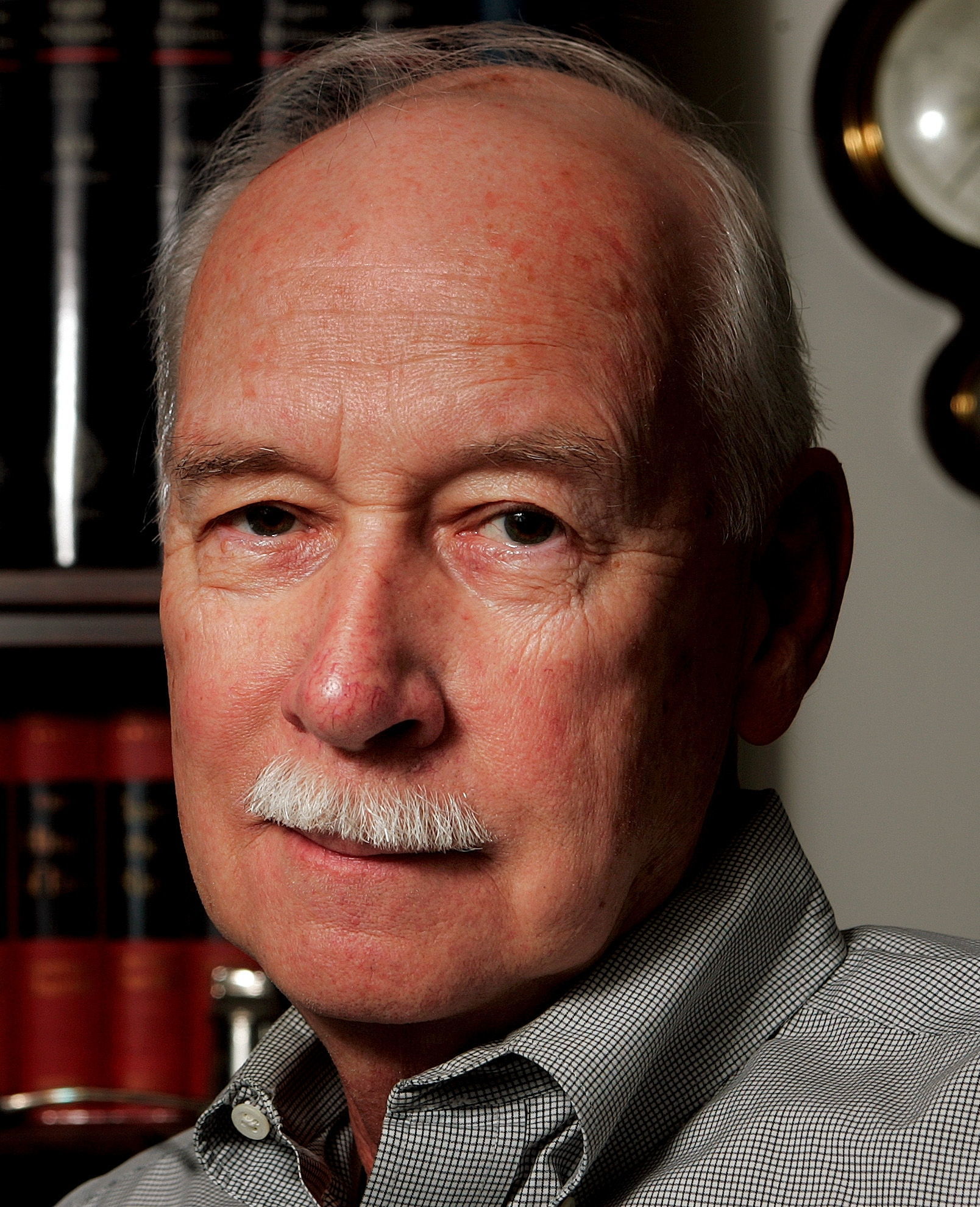What if the U.S. economy stops growing? What would happen to us all?
The prolonged sluggish growth of our economy has some people wondering what would happen if our economic growth days are behind us. That worry has been echoed by some economists and the alarmist crowed in general, because our economy, and Japan’s, seem so unresponsive to monetary policy stimulus actions.
Let’s start with what a zero-growth economy would look like. By itself, it would not be the standard, Hollywood apocalyptic vision, with our great cities reduced to empty shells of skyscrapers and a few surviving, rag-draped remnants of their once-thriving population now reliant on the findings and scraps left by gangs of foraging rodents. That could happen, of course, but only under certain circumstances. It is not an inevitable consequence of zero-growth. An intergalactic war is another matter, of course, but few economic models outside Hollywood include that as a significant variable.
When economists, and most people, talk about a zero-growth economy they often mean what is called a “steady-state economy,” an economy that shows no growth in Gross Domestic Product (GDP) but is actually growing just enough to maintain, repair, and replenish its capital investment.
In a zero-growth economy of any sort, the driving force becomes something outside the economy — population. Population is obviously a key element in our economic system, our prosperity, and our development, but economists have never set a place for it at the economic theory dinner table. It doesn’t factor into our GDP accounting system, for example, nor does it show up in the equations describing Keynes’ General Theory. Modern economic growth models include population growth as a positive influence, but the underlying theory of exactly why that is so isn’t compelling.
The enigma of population’s relationship to economics only deepens as countries attempt to manage population and fit it into some sort of strategic economic plan. China, for example, saw its population growth as a negative force on its economic development plan, and believed that any initial gains in national prosperity would only encourage a higher birth rate. Early on in its development plan, then, it imposed, and enforced, a legal limit on the size of families. In an effort to revive its faltering economy the Chinese government recently lifted that limitation, but it is too early to tell if that change will have any effect in the short run.
Clearly, population would be a serious problem for us if our economy were to stop growing. Fortunately, the largest part of that problem is easily solved — at least theoretically — from a math standpoint. A major factor in our population growth in recent decades has been the record-setting level of immigration. Since that is, practically if not politically, readily changed, we could adjust to a zero-growth economy by calculating the level of immigration needed to replenish and keep the number of people constant.
The tougher problem, theoretically and practically, will be what to do about technology and innovation. One of the greatest sources of our economic growth and prosperity has been technological innovation and the entrepreneur who sees how to convert it into a sustainable economic enterprise. That kind of technological change is inherently destructive of existing capital investment, though, and would disrupt the equilibrium of the self-sustaining economy by draining investment away from replenishment. Any mistakes or failures, and they are common in innovation, would then be felt by everyone as total capital investment would be inadequate to keep up the GDP level.
The broad impact of zero-growth on our economy will be refocusing of innovation. Our past economic growth has been fueled largely by resource exploitation of one sort or another. A zero-growth economy would probably, although not necessarily, redouble its efforts in sustainable systems and renewable resources. It would also, hopefully, find a way to compensate innovation that makes products and systems last longer — providing growth in terms of consumer value without additional resource input. Our ideas about consumer satisfaction would gradually have to change, but not necessarily painfully.
The balance between free market capitalism and government intervention might swing back and forth, as it does now, but there is nothing inherent in a zero-growth economy that moves the needle of necessity closer to socialism or to a command economy of any sort.
A zero-growth economy would not be wonderful in every respect. With a combination of good fortune and unfettered, productive thought, though, the best things about our country and our economy would survive and even thrive. Besides, the odds are that zero-growth wouldn’t last any longer than any other growth period in our history and with any luck we’ll emerge from the experience an even better country with an even better, more resilient economy.
James McCusker is a Bothell economist, educator and consultant. He also writes a column for the monthly Herald Business Journal.
Talk to us
> Give us your news tips.
> Send us a letter to the editor.
> More Herald contact information.

























